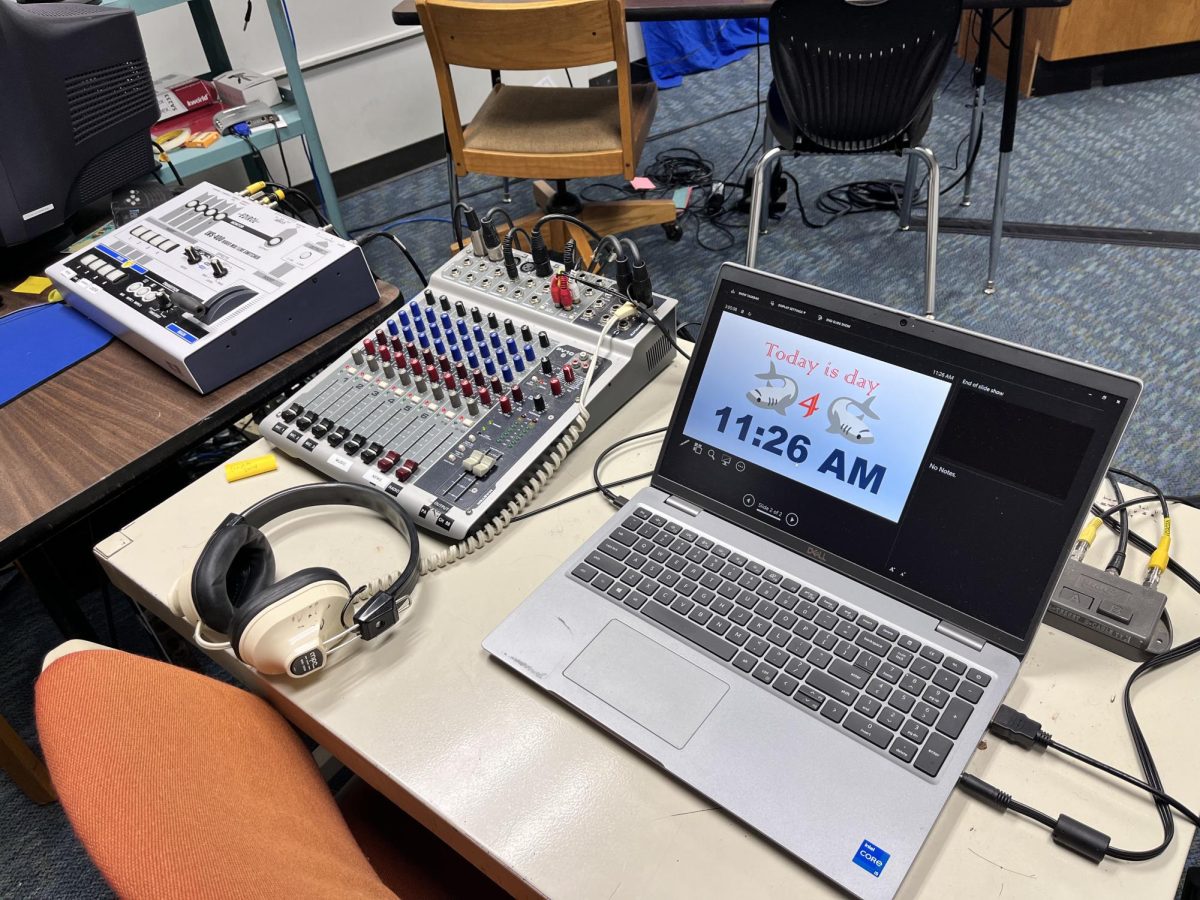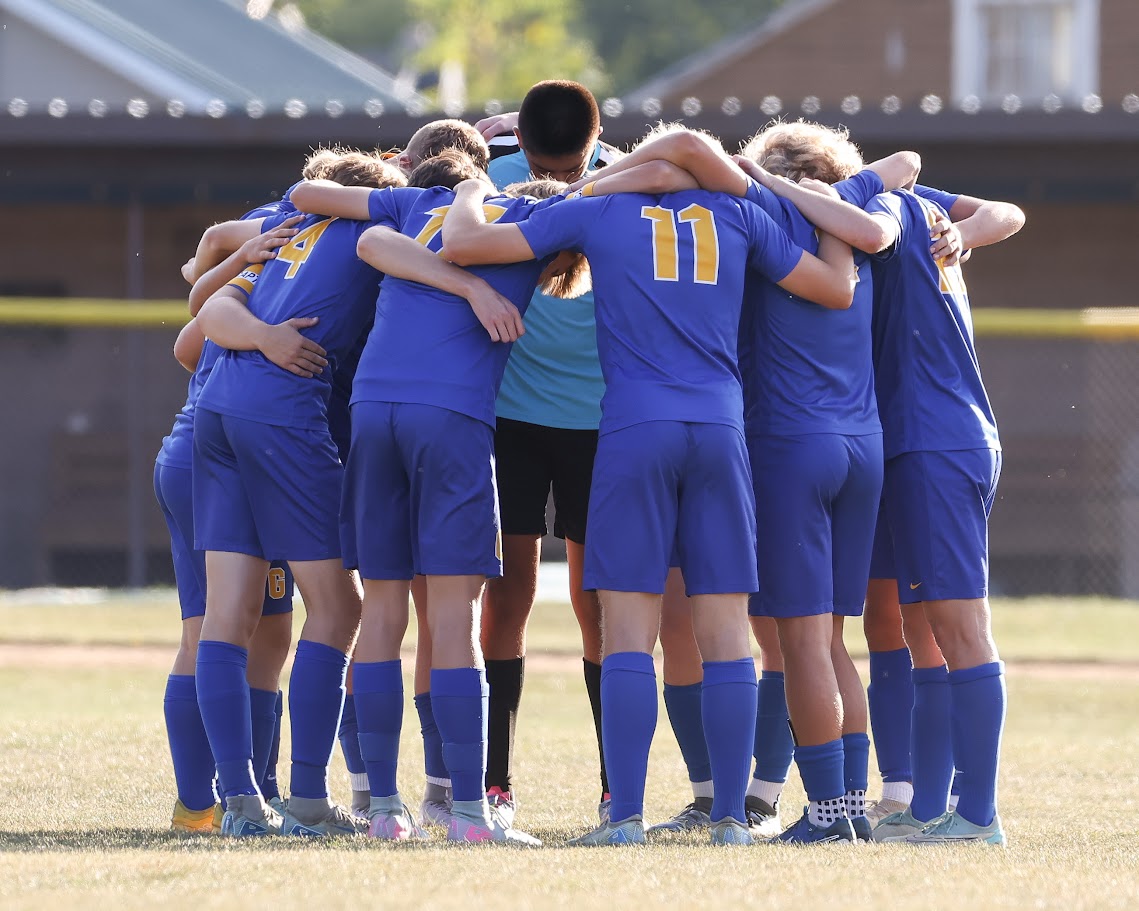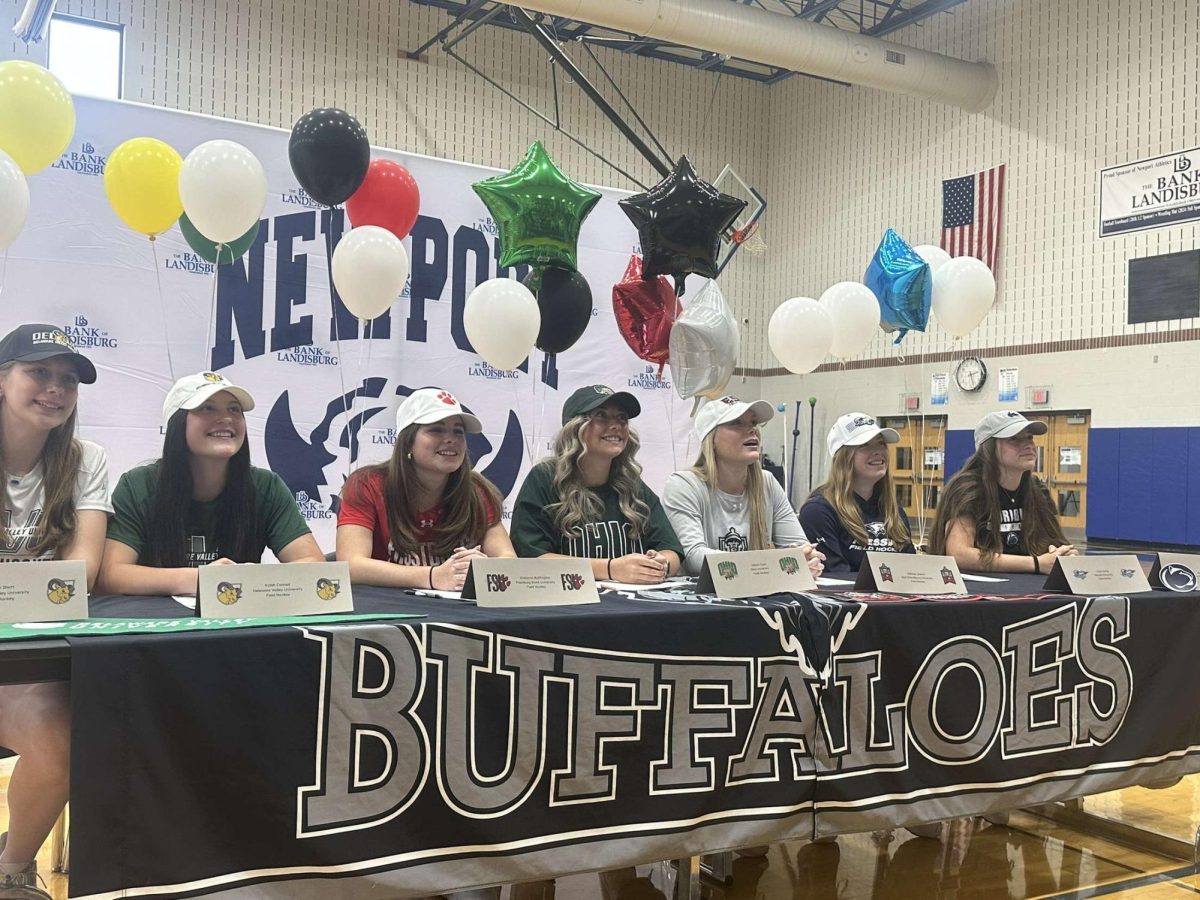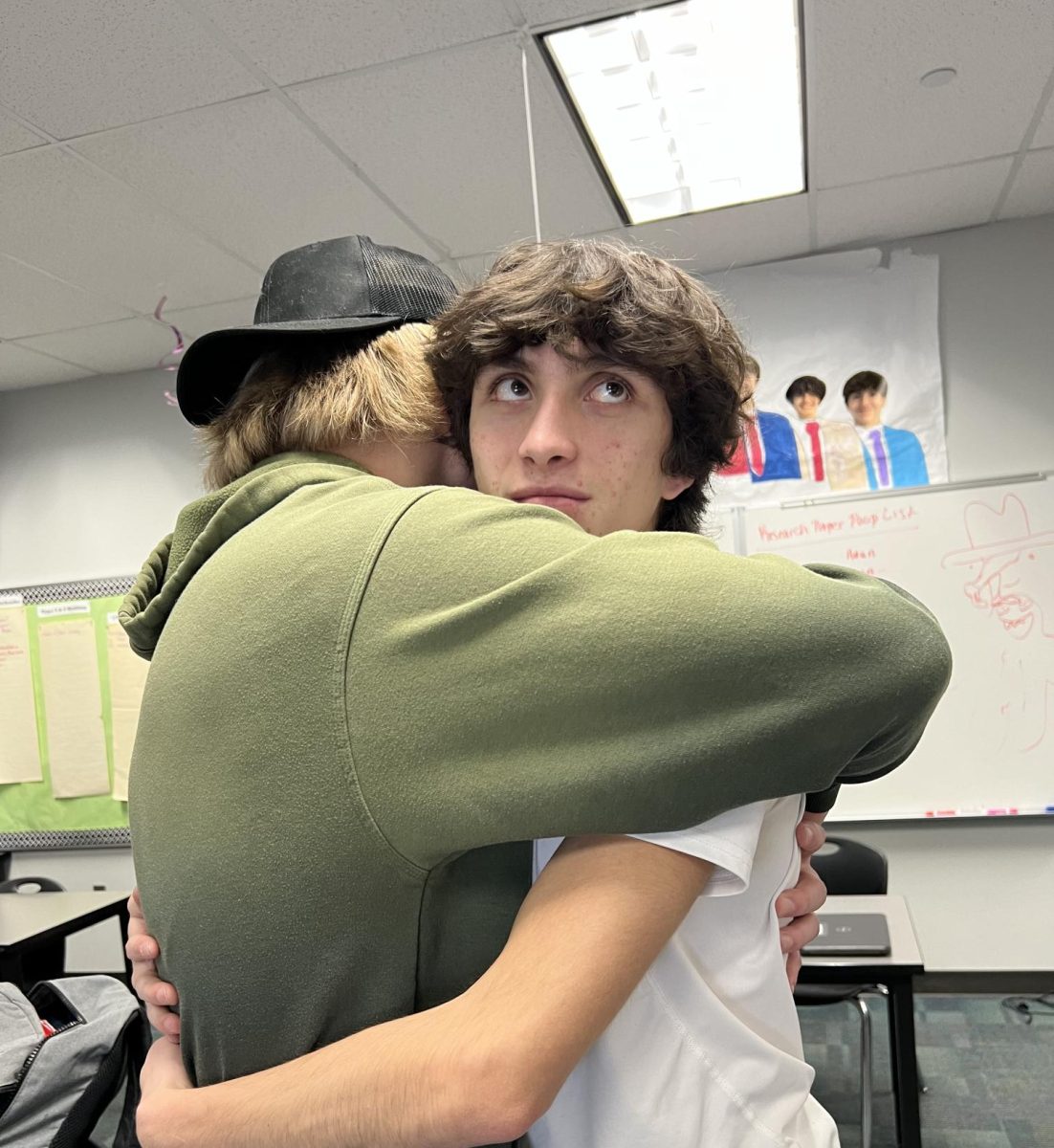In high school, friends are a necessity, but a lot of people face problems with them. Sometimes friends will lie to you, talk behind your back, and hang out with people who you don’t like. How are you supposed to know whether your friends do this?
If you are speculating that you have fake friends, that is a pretty good hint something could be happening. Though it might not be as accurate as you’d like, intuition is something that most people have. If you get a gut feeling, it might be correct.
On that note, you should dig deeper. If you have mutual friends, ask them if they are talking about you. It might be a hard thing to stomach if you have long-time friends that talk about you. I know it always hurts when I find out my friends talk about me behind my back.
If you find out about the shady behavior, and your gut feeling is right, the best step forward may be to confront your fake friends about the behavior. The best-case scenario is that they decide to stop. Remember, though, not everyone deserves a second chance. If it hurts enough, then you need to let go. Sometimes, people are just rude for no reason.
Of course, that might not be the sole issue. Your friends might lie to you, or they might hang out with the people you don’t like. You should remember that you cannot control others. If it hurts you that much that they hang out with other people, ones you dislike, you need to find out why.
If they know that you don’t like the person, that can be different. I’ve experienced that, friends telling people what I said about my dislike of them. Sure, bad-mouthing someone isn’t really nice, but going behind your friend’s back and lying about it is worse. It reflects very poorly on the trust you can put in that friend.
For that matter, lying is a different story. It overlaps with both of the other topics. Again, my solution to this would be a peaceful confrontation. Address the situation with them and see if you can return to common ground. If they continue lying, then it’s time to let go. According to Suzanne Degges-White, a counselor and professor at Northern Illinois University, a confrontation is healthy and productive if you consider the appropriate steps:
- Let your friend know that you would like to have a discussion about the relationship. No one likes having this kind of conversation “sprung on them,” so give your friend some advance notice.
- Choose a time and place that is agreeable for both of you and be sure to choose as neutral a place as you can.
- If you choose a more public place, like a park or restaurant or coffee shop, it’s also likely to keep the conversation more genial and less likely to result in strong emotional responses, whether it would be raised voices or tearful outbursts.
- Use “I statements.” Always use “I statements.” It’s important that you focus on how you are feeling or what you are thinking in response to her behavior.
- An important reminder: Throughout the course of a friendship, always own your feelings. If you save up all your frustration over time, it’s likely to get the best of you once you finally get the courage to share your feelings!
- Listen to what your friend has to say once you’ve opened up your own concerns. She may not have realized the effect she was having on the relationship.
- Work towards a compromise. Unfortunately, some people believe that a compromise means a “lose/lose situation” because each person has to concede something. While this is true, every healthy relationship usually involves compromise and adjusting to others’ needs or wants. Friendships are no different. For a relationship to thrive, it takes two to make it work. Be willing to “give a little” in order to allow your friend to “get a little.”
- If your friend is not buying into your perspective, you may want to take a step back and see if your own assessment is as objective as it should be. If you reach a stalemate, you will need to decide if the friendship’s value is high enough to accept the relationship’s limitations.
- Remember, too, that there are always going to be multiple realities at play. What you see and believe is your reality but the same is true for your friend.
All in all, fake friends aren’t too hard to uncover. I’d like to say it isn’t common, but it happens a lot, especially in small schools like ours. My best advice out of all of it is to not wear your heart on your sleeve and be cautious. Some friends are good, but others just aren’t. It isn’t your fault, you didn’t ask for it, but it happens. I wish you the best of luck finding good friends you can stick with.





























